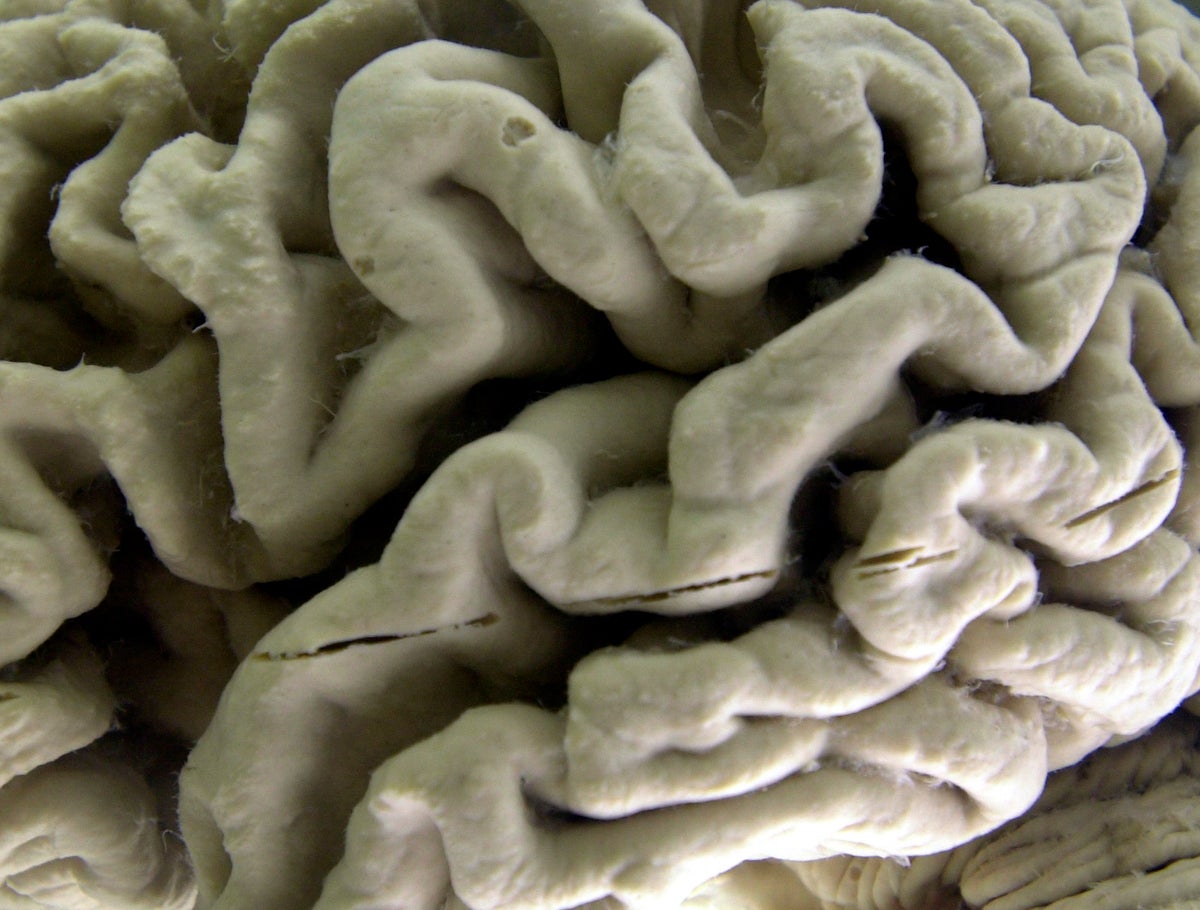
A teenager suffering from memory problems since the age of 17 has been diagnosed with “probable” Alzheimer’s disease, according to a new case study.
The “probable” diagnosis of the 19-year-old in China was described in new research published recently in the Journal of Alzheimer’s Disease.
If the diagnosis gets confirmed, it would make the teenager the youngest person on record with the condition.
The patient was reportedly first identified with the condition after he had trouble studying and had to withdraw from high school.
He could not remember eating and was unable to remember where his belongings were, apart from frequently losing them, reported South China Morning Post (SCMP).
The teen does not have any other known diseases, infections or head trauma that could explain his memory problems, according to the case study.
The teenager’s family does not have a known history of Alzheimer’s disease or dementia either.
Though the main cause of Alzheimer’s disease remains unknown, the neurological condition mainly affects older adults and is primarily associated with the buildup of two proteins in the brain called beta-amyloid and tau.
But researchers, including those from the Capital Medical University in Beijing, said these proteins could not be observed via scans in the 19-year-old’s brain.
They did find an abnormally high level of the protein “p-tau181” in the patient’s brain fluid, which is typically observed before tau proteins form in the brain.
“In this report, we present the case of a 19-year-old male with gradual memory decline for 2 years and World Health Organisation-University of California Los Angeles Auditory Verbal Learning Test (WHO-UCLA AVLT) results also showing memory impairment,” scientists wrote in the study.
“Examination of the patient’s cerebrospinal fluid showed an increased concentration of p-tau181.”
Early-onset Alzheimer’s disease – an uncommon form of dementia that affects people younger than 65 – accounts for up to 10 per cent of all cases of the neurological condition.
Until now, scientists have uncovered three genes linked to the onset of Alzheimer’s disease in young people, including presenilin 1 (PSEN1), presenilin 2 (PSEN2) and amyloid precursor protein (APP).
The previous youngest patient diagnosed with Alzheimer’s disease, at the age of 21, was found to carry a mutation in the PSEN1 gene.
A fault in these genes has been linked to an abnormal build up of beta-amyloid plaques in the brain – a signature observation made in people suffering from the condition.
But in the case of the 19-year-old from China, scientists did not find any “known gene mutations” via whole-genome sequencing.
They, however, discovered signs of detereoration in the young man’s hippocampus brain region that is known to play a role in the consolidation of information from short-term to long-term memory.
They also found signs of weak metabolism in the bilateral temporal lobe brain region that is also linked to the encoding of memory.
“This is the youngest case ever reported to meet the diagnostic criteria for probable [Alzheimer’s disease] without recognised genetic mutations,” scientists said, pointing out that nearly all patients younger than 30 who were previously diagnosed with the disease had known genetic mutations.
“Considering the above, the patient was diagnosed with probable Alzheimer’s disease,” scientists wrote in the study.
“Exploring the mysteries of young people with Alzheimer’s disease may become one of the most challenging scientific questions of the future,” the scientists said, according to SCMP.







